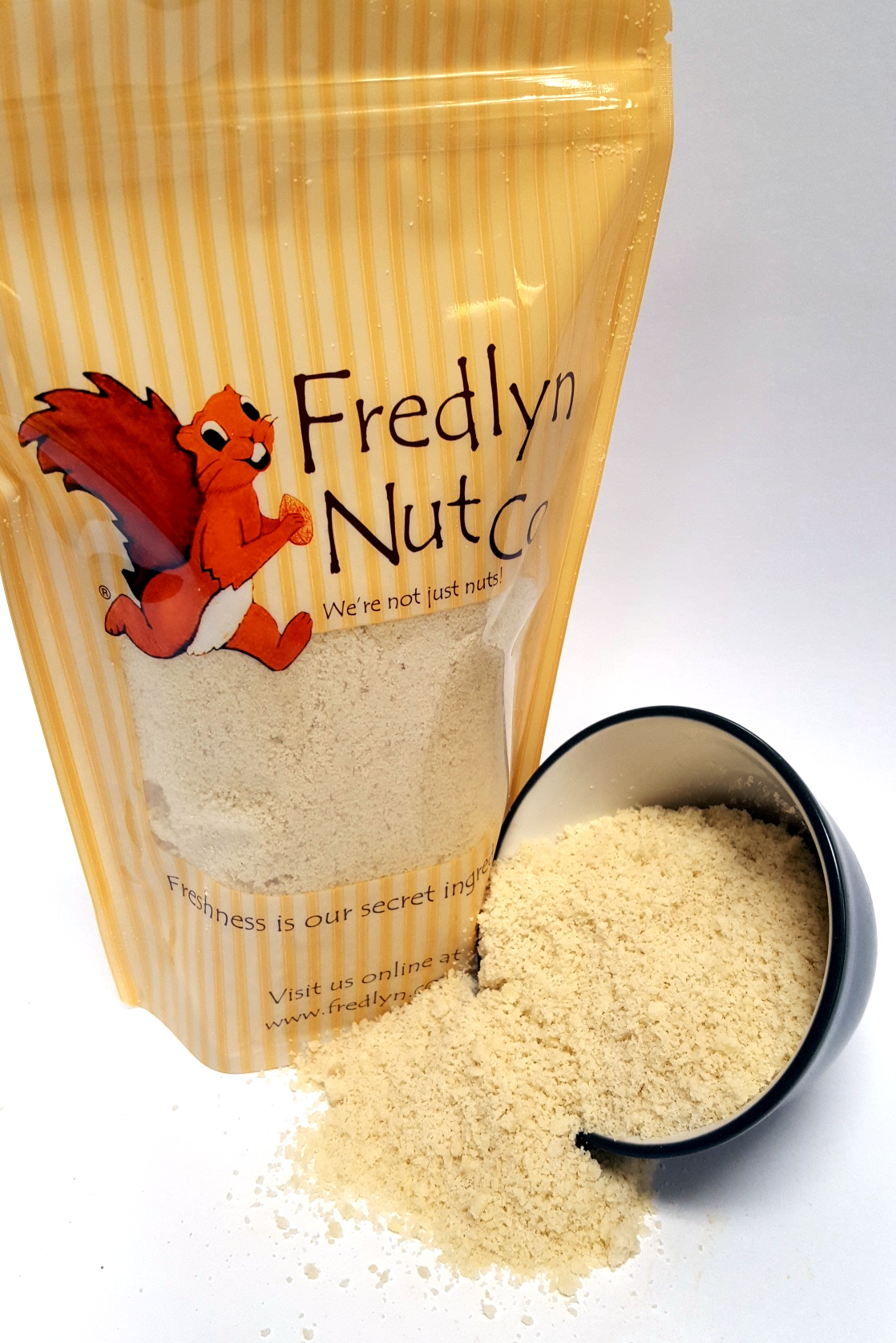Decoding Raw Almond Flour: Is it Safe and Healthy? |
|
|
 Understanding Raw Almond Flour
Understanding Raw Almond Flour
In recent years, there has been a surge in the popularity of alternative flours, and raw almond flour has emerged as a prominent player in the culinary landscape. As more people seek healthier alternatives, questions arise about the safety and nutritional benefits of consuming raw almond flour. In this blog post, we'll explore the considerations surrounding the consumption of raw almond flour and whether it's a safe and healthy choice.
Raw almond flour is made by grinding whole almonds into a fine powder, bypassing the process of heat-treating the almonds. This preservation of the raw state retains the natural oils and nutrients found in almonds, making it a potentially more nutrient-dense option compared to blanched almond flour.
Safety Concerns:
Phytic Acid: Almonds, like many nuts and seeds, contain phytic acid, an antinutrient that can bind to minerals and reduce their absorption. Soaking or sprouting almonds before grinding them into flour may help reduce phytic acid levels.
Enzyme Inhibitors: Raw almonds also contain enzyme inhibitors, which can interfere with the body's digestion and nutrient absorption. Soaking or sprouting can help break down these inhibitors.
Microbial Contamination: There is a slight risk of microbial contamination with raw almonds. Heat treatment, such as blanching, is a common method to reduce this risk. However, the risk is generally considered low, especially if you purchase almonds from reputable sources.
Nutritional Benefits:
Nutrient Retention: Raw almond flour retains more of the almond's natural nutrients, including healthy fats, vitamins, and minerals, compared to blanched almond flour.
Rich in Healthy Fats: Almonds are a good source of monounsaturated fats, which are heart-healthy and may contribute to overall well-being.
Low in Carbs, High in Protein: Raw almond flour is low in carbohydrates and high in protein, making it a suitable choice for those following low-carb or gluten-free diets.
Soaking or Sprouting: Consider soaking or sprouting almonds before grinding them into flour to reduce phytic acid and enzyme inhibitors.
Purchase from Reputable Sources: Choose raw almond flour from reputable suppliers to ensure quality and reduce the risk of microbial contamination.
Diversify Your Flour Choices: While raw almond flour can be a nutritious addition to your diet, it's essential to diversify your flour choices to ensure a broad spectrum of nutrients.
